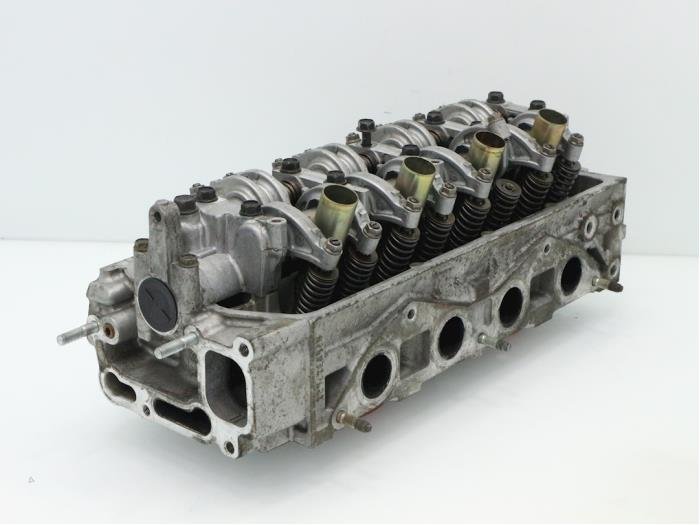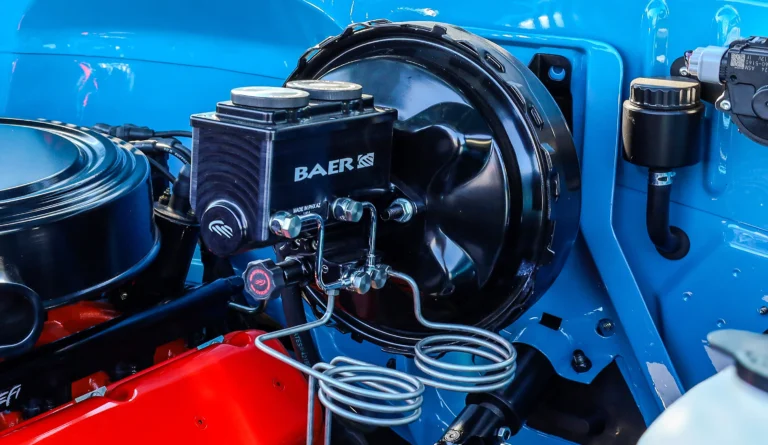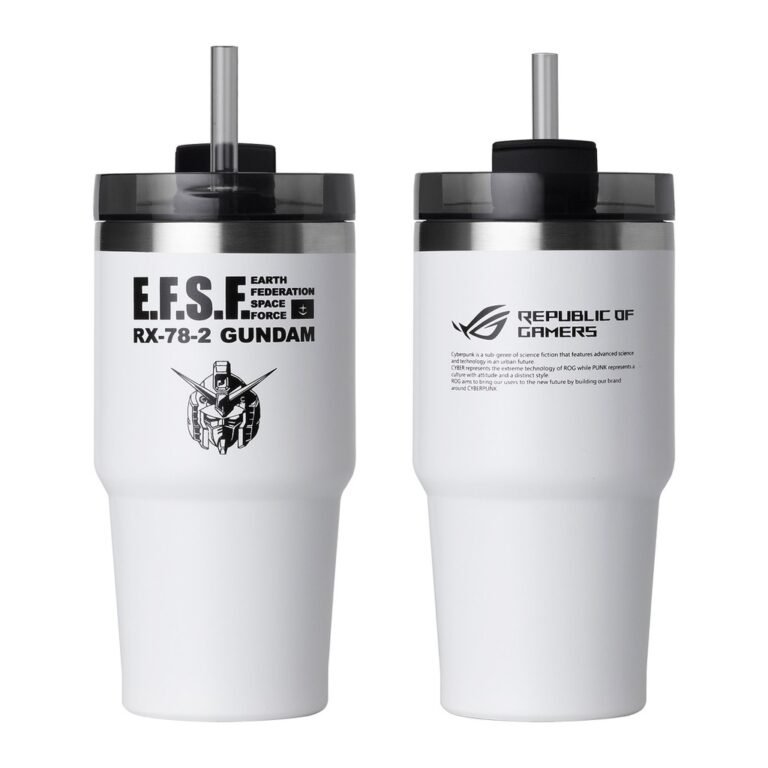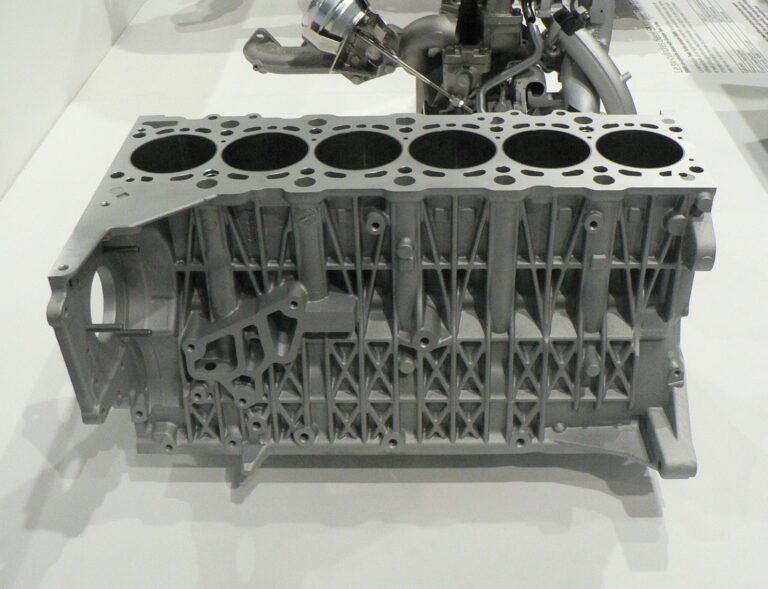How Much to Replace a Cylinder: Price Breakdown
Replacing a cylinder can cost between $500 to $1,500 on average. Costs vary based on the car model and labor fees.
Your vehicle’s cylinder may need replacement due to wear and tear over time. It’s essential to understand the potential costs involved in this repair to budget accordingly. Factors such as the type of cylinder, engine size, and additional repairs needed can impact the final cost.
Proper maintenance and timely replacements can help prevent more extensive and costly damage in the long run. It’s recommended to consult with a trusted mechanic to get an accurate estimate for replacing a cylinder in your vehicle.
Introduction To Cylinder Replacement Costs

Cylinder replacement costs can vary significantly based on various factors. Understanding the key elements influencing these expenses and the importance of timely replacement is crucial for vehicle owners. Let’s delve into the details to gain a better understanding of the associated costs and the significance of prompt cylinder replacement.
Factors Influencing Price
Several factors contribute to the overall cost of cylinder replacement. These include the type of vehicle, the make and model, the labor charges, the quality of the replacement cylinder, and the extent of damage. Additionally, the location of the repair shop and the expertise of the mechanics can also impact the total expenses.
Importance Of Timely Replacement
Timely replacement of a damaged cylinder is crucial to ensure the optimal performance and longevity of your vehicle. Ignoring the need for replacement can lead to further damage, reduced fuel efficiency, and potentially hazardous driving conditions. Therefore, prioritizing prompt cylinder replacement is essential for maintaining the safety and functionality of your vehicle.
Types Of Cylinders In Vehicles
Replacing a cylinder in a vehicle can cost anywhere from $500 to $1500, depending on the make and model of the car. Factors such as labor costs and the type of cylinder being replaced, whether it’s the engine, brake, or hydraulic cylinder, can also affect the overall expense.
Regular maintenance and prompt repairs can help minimize these costs over time.
Cylinders are the main components of an engine that produce power by burning fuel. Depending on the vehicle, engines can have single or multiple cylinders. The number of cylinders in an engine directly affects the vehicle’s performance, fuel efficiency, and overall cost. Therefore, it is essential to understand the different types of cylinders in vehicles before replacing them.
Single-cylinder Engines
Single-cylinder engines are commonly found in small vehicles such as motorcycles, mopeds, and lawn mowers. These engines have one cylinder that produces power by burning fuel. The cost of replacing a single cylinder in such vehicles depends on the type of vehicle, the quality of the replacement part, and the mechanic’s hourly rate. On average, replacing a single cylinder in a small vehicle can cost between $100 to $500.
Multi-cylinder Engines
Multi-cylinder engines are commonly found in cars, trucks, and other larger vehicles. These engines have two or more cylinders that work together to produce power. The cost of replacing cylinders in multi-cylinder engines is higher than in single-cylinder engines.
The cost varies depending on the make and model of the vehicle, the number of cylinders, and the quality of the replacement parts. On average, replacing a cylinder in a multi-cylinder engine can cost between $500 to $3,000.
In conclusion, understanding the types of cylinders in vehicles is crucial before replacing them. The cost of replacing a cylinder depends on the type of engine, the number of cylinders, and the quality of the replacement parts. It is always recommended to consult with a professional mechanic to determine the exact cost of replacing a cylinder in a vehicle.
Assessing Cylinder Damage
Replacing a damaged cylinder can be a costly endeavor, with prices varying depending on the type of cylinder and the specific damage. Assessing cylinder damage is essential to determine the necessary repairs and estimate the overall cost accurately.
Assessing Cylinder Damage:
Cylinder damage can occur due to several reasons, such as overheating, lack of lubrication, or improper maintenance. If you suspect that your engine’s cylinder is damaged, then it’s essential to assess it before determining the cost of replacement. Here are the symptoms of cylinder failure you need to look out for:
Symptoms of Cylinder Failure:
1. Loss of engine power
2. Poor acceleration
3. Decrease in fuel efficiency
4. Engine misfires
5. Unusual engine noises
6. Smoke from the exhaust
If you observe any of these symptoms, then it’s time to perform diagnostic procedures to determine the extent of cylinder damage.
Diagnostic Procedures:
The diagnostic procedures for assessing cylinder damage involve various steps, such as:
1. Checking engine compression: A compression test can help determine if the cylinder is damaged or not.
2. Inspecting spark plugs: Inspect the spark plugs for any damage, such as cracks or fouling.
3. Examining the engine oil: Check the engine oil for any metal shavings or debris.
4. Conducting a leak-down test: A leak-down test can help determine the extent of cylinder damage.
Once the diagnostic procedures are complete, you can determine the cost of replacing a cylinder. The cost can vary depending on several factors, such as the make and model of the vehicle, the extent of damage, and the cost of labor. However, it’s essential to get the cylinder replaced as soon as possible to avoid further damage to the engine.
In conclusion, assessing cylinder damage is crucial to determine the cost of replacement. Look out for symptoms of cylinder failure and perform diagnostic procedures to assess the extent of damage. It’s essential to get the cylinder replaced as soon as possible to avoid further damage to the engine.
Material Costs For Cylinder Replacement
When it comes to replacing a cylinder, the cost of materials is an important factor to consider. The material costs for cylinder replacement can vary depending on the type of cylinder and the specific components needed. In this section, we will break down the different aspects of material costs, including cylinder parts pricing and additional components and seals.
Cylinder Parts Pricing

When replacing a cylinder, the price of the cylinder itself is a significant consideration. Cylinder parts pricing can vary depending on factors such as the cylinder type, brand, and quality.
Below is a table summarizing the average prices for common cylinder types:
| Cylinder Type | Average Price Range |
|---|---|
| Single Cylinder | $50 – $150 |
| Double Cylinder | $100 – $300 |
| Key-in-Knob Cylinder | $30 – $100 |
It’s important to note that these prices are just estimates and can vary based on factors such as location and the specific brand or model of the cylinder.
Additional Components And Seals
In addition to the cylinder itself, there are often additional components and seals required for proper cylinder replacement. These components may include:
- Cylinder screws or bolts
- Cam screws or pins
- Retaining clips
- Strike plates
- Seals and gaskets
The prices for these additional components can vary depending on the specific brand and quality. It’s important to ensure that all necessary components and seals are included in the overall material cost estimation to ensure a successful cylinder replacement.
Labor Costs In Cylinder Replacement
When it comes to replacing a cylinder in your vehicle, labor costs play a significant role in determining the overall expense. The amount you can expect to pay for labor will depend on several factors, including the average labor rates in your area and the estimated time it takes to complete the replacement. Let’s take a closer look at these factors to give you a better understanding of the labor costs involved.
Average Labor Rates
The average labor rates for cylinder replacement can vary depending on your location and the specific mechanics or auto shops you choose. On average, you can expect to pay around $80 to $120 per hour for labor. Keep in mind that these rates can fluctuate based on factors such as the reputation and expertise of the mechanic, the complexity of the job, and the type of vehicle you own.
Time Estimates For Replacement
Time estimates for cylinder replacement can also vary depending on the type of vehicle and the condition of the cylinder. Generally, the replacement process can take anywhere from 2 to 4 hours. However, this timeframe can be shorter or longer depending on the make and model of your vehicle, accessibility of the cylinder, and any additional repairs that may be required.
It’s important to note that these time estimates are just averages and can vary from one situation to another. To get a more accurate estimate, it’s best to consult with a qualified mechanic who can assess your specific needs.
By understanding the average labor rates and time estimates for cylinder replacement, you can better prepare yourself for the potential costs involved. Remember, it’s always a good idea to consult with a professional mechanic to get an accurate quote tailored to your specific circumstances.
Comparison Of Oem Vs Aftermarket Parts
When it comes to replacing a cylinder, one of the key decisions to make is whether to opt for OEM (Original Equipment Manufacturer) parts or aftermarket parts. Each option comes with its own set of advantages and disadvantages that can have a significant impact on the overall cost of the replacement.
Let’s take a closer look at the comparison of OEM vs Aftermarket Parts:
Quality And Durability
OEM parts are designed and manufactured by the original vehicle manufacturer, ensuring high-quality and reliable performance. They are specifically engineered to fit and function as the original parts. On the other hand, aftermarket parts are produced by third-party manufacturers, and while some may meet OEM standards, others may vary in quality and durability. This difference can impact the longevity and effectiveness of the cylinder replacement.
Impact On Overall Cost
Choosing OEM parts for cylinder replacement can come with a higher price tag, as they are typically more expensive than aftermarket alternatives. However, their reliability and precision may contribute to long-term savings by reducing the need for frequent replacements or repairs. On the other hand, aftermarket parts are generally more affordable upfront, but their long-term cost could increase due to potential replacements and repairs.
Potential Additional Repairs And Costs
Replacing a cylinder in your vehicle can come with potential additional repairs and costs. It is important to consider factors such as labor charges, parts, and any other related repairs that may be necessary to ensure a smooth replacement process.
Be prepared for potential expenses beyond just the cylinder replacement itself.
Related Engine Damage
If the cylinder replacement uncovers related engine damage, additional repairs may be needed.
Upgrades During Replacement
Consider upgrading parts during the cylinder replacement process for improved performance.
Saving Money On Cylinder Replacement
Replacing a cylinder can be expensive, with costs varying depending on the type of engine and the extent of damage. However, there are ways to save money on cylinder replacement, such as opting for a remanufactured cylinder instead of a brand new one.
Choosing The Right Mechanic
Compare quotes from multiple mechanics.
Ask for warranty information on parts and labor.
Ensure the mechanic has experience with cylinder replacements.
Considering A Diy Approach
Research cylinder replacement tutorials online.
Invest in quality tools and safety equipment.
Know when to seek professional help for complex tasks.
Warranties And Guarantees
When replacing a cylinder, it’s essential to consider the warranties and guarantees that come with the service. These assurances can provide peace of mind and protect you from unexpected expenses.
Manufacturer Warranty Coverage
Most cylinder manufacturers offer warranties to cover defects and malfunctions. These warranties typically range from 1 to 5 years and vary based on the brand and model of the cylinder.
It’s important to check the manufacturer’s warranty terms, including what is covered and any conditions that may void the warranty. Some warranties may only be valid if the cylinder is installed by a certified professional.
Service Guarantees From Repair Shops
Repair shops may offer guarantees on their workmanship and the parts they use. These guarantees can provide additional protection and assurance that the cylinder replacement will be done correctly.
- Repair shops may offer 30-day or 60-day guarantees on their services.
- These guarantees often cover any issues that arise due to faulty installation or parts.
Before choosing a repair shop, inquire about their guarantees and ensure they stand behind their work.
Conclusion And Final Thoughts
Replacing a cylinder can cost anywhere from $500 to $1,500, depending on the make and model of the vehicle, as well as the extent of the damage. It’s important to get a quote from a trusted mechanic before agreeing to any repairs.
Weighing Cost Against Value
When considering the cost of replacing a cylinder, it’s essential to weigh this expense against the value it brings. Quality replacement ensures safety and efficiency.
Long-term Benefits Of Proper Cylinder Maintenance
Maintaining cylinders properly brings long-term benefits. Regular maintenance prolongs lifespan and ensures optimal performance.
Conclusion
The cost of replacing a cylinder varies depending on several factors. Factors such as the type of cylinder, the complexity of the installation, and the labor costs can all impact the overall price. It’s important to research and obtain multiple quotes to ensure you are getting a fair price.
Keep in mind that regular maintenance can help extend the lifespan of your cylinders and save you money in the long run.
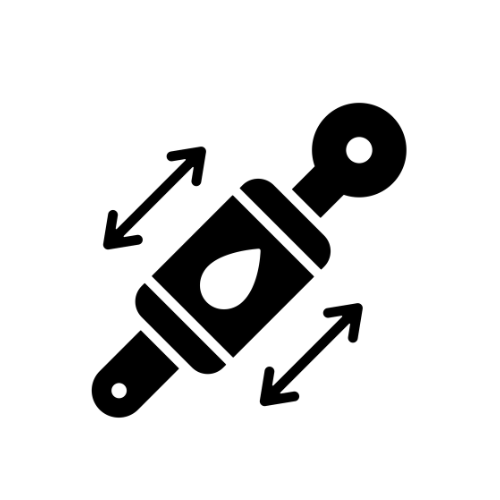
Our mission is to be your trusted resource for everything related to car cylinders.
